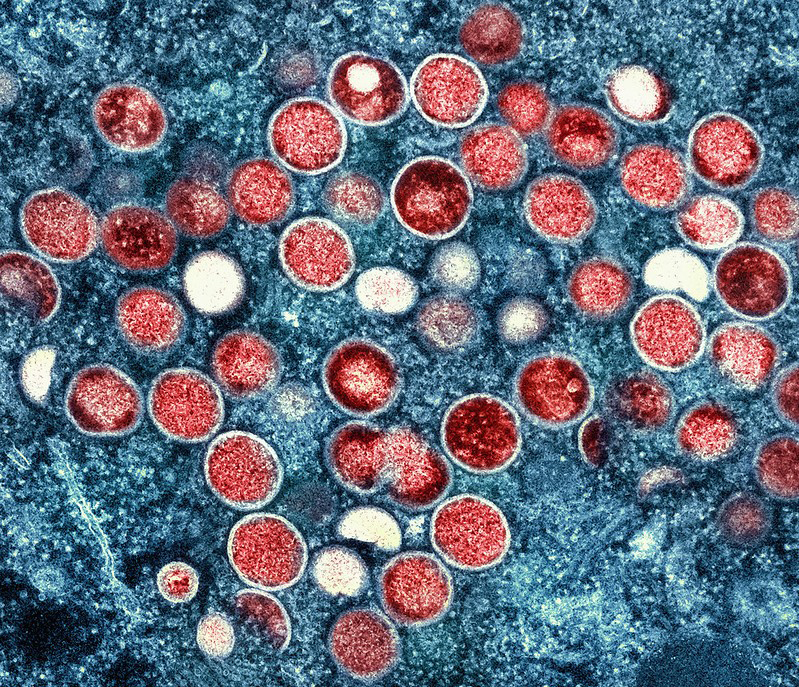
With over 11,000 cases of monkeypox across the U.S., Americans are searching for information about how to prevent and fight this disease. Some sources of information, however, are helping to spread misinformation and bias.
The monkeypox virus is part of the same virus that causes smallpox and both viruses have very similar symptoms. Monkeypox was first recorded in humans in 1970 and previously only observed in parts of Africa. Those infected with the virus experience a rash that may be painful or itchy on various parts of the body, flu-like symptoms and swollen lymph nodes to name a few symptoms. Though the virus can be spread through direct contact, touching objects or contact with respiratory secretions, some sources providing information about the virus categorize it falsely as a sexually transmitted disease.
“One of the major concerns that I have is that monkeypox has been communicated as a disease affecting only the LGBTQ+ community,” Lu Tang, an associate professor in the Department of Communication, said. “This could potentially have a few consequences. Framing an infectious disease that can be spread via contact as an STD will make the public less concerned with the potential threat and less likely to be careful. Doing so is also likely to create stigma associated with monkeypox. The public is likely to think those infected by monkeypox are members of the LGBTQ+ community and that the LGBTQ+ community poses a public health threat.”
Some have even compared the public health communication for monkeypox to the beginning of the AIDS outbreak.
“With respect to news coverage, AIDS initially was assumed to be the ‘gay man and drug user disease,’” Richard Street, a professor in the Department of Communication, said. “Then, it spread very quickly and got a lot of popular press attention among celebrities and those in the arts industries. Movies focused on an AIDS and HIV theme. Magic Johnson disclosed being HIV positive. Monkey pox is similar in that those affected initially in the outbreak have disproportionately been men having sex with men, but the disease is more about pain and discomfort than about death.”
Focusing on one group of people as transmitters of a viral disease can potentially be harmful to not only that group, but the general public according to Street.
“People think that one could not get infected, because they are not in a risk category,” Street shared. “It is an infectious disease and spread by skin to skin contact. So any of us could get infected. Right now cases are quite limited but growing, and most people believe they are not at risk. Just like COVID-19, if it spreads more generally throughout the population, we become increasingly at risk, even if we don’t engage in risky behaviors.”
While there is still much for experts to learn about the new outbreak of monkeypox, there are things the public can do now to protect themselves.
“We still lack information about the disease and what aspects of skin to skin contact are risky,” Street explained. “Good hygiene is good for a lot of things, including this. Also, people infected should be mindful that they could infect others, and thus should take precautions to limit contact until they are well. It is still early in this outbreak and more evidence needs to be gathered.”
